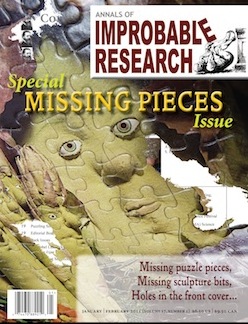 |
| photo by Lee Jordan |
Actors know the importance of using sense memory to trigger emotional memory, though they have probably never heard of M.T.T. We have been utilizing this type of memory in our profession since the cusp of the 20th century. It is the only way to create an honest emotional life for a character who is not us. We do not know exactly how this character would react to the given circumstances of the world of the play. Since we only have what the playwright gives us, the big-picture outline, we have to fill in the blanks and populate every second we are onstage with a living, breathing reality grounded in past experiences. BUT we cannot substitute our own past. I have seen my acting students get really tripped up; they say, "Well, I wouldn't have acted this way" when examining a character's divergent reality. But you can't get inside the character if you are judging. So I tell them they must use their imaginations, put themselves in the character's shoes. And use their own sense memories and emotional memories to build a new reality. When my beginning acting students ask how this is done, I sometimes
answer, "all theatre is magic." Now maybe I should give the scientific
explanation. As Prof. Boyer would say, we use our brains' M.T.T. capacity to catapult ourselves, however briefly, into a completely different world.
Dr. Lambert concludes her article by observing that even when they become adults, "the sight of Santa will allow my daughters, once again, to see the world as a child would, if only for a few fleeting moments." Actors get to use their storehouse of memories from childhood to the recent past over and over and over. Is it any wonder we take joy in our work?



